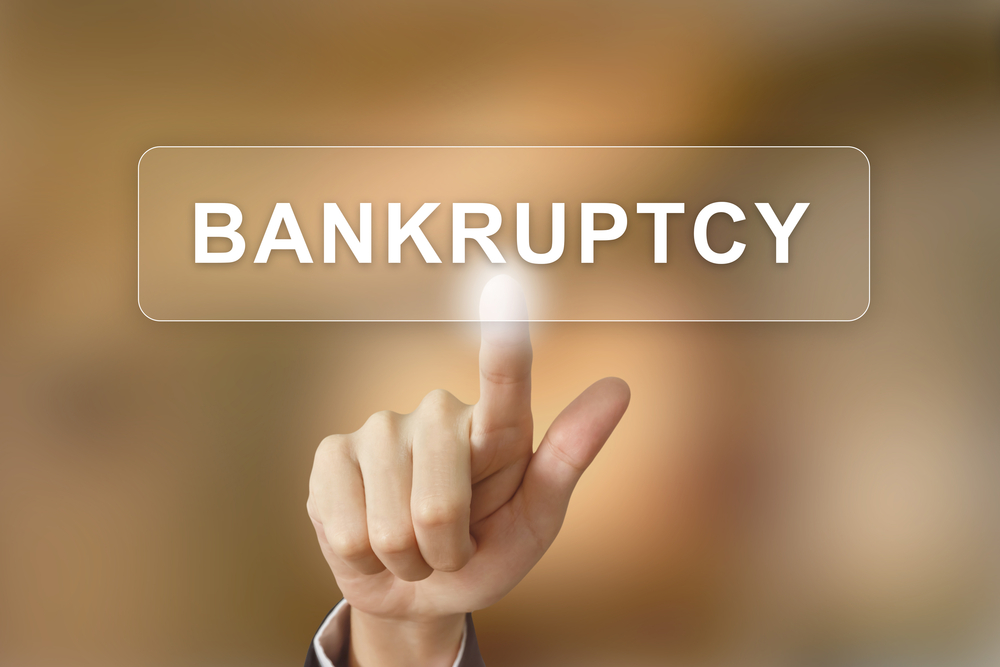We're here to help you.
833-779-9993

Bankruptcy is a legal way to help individuals and businesses who are unable to pay their debts. However, it can have long-lasting consequences on one’s credit score and financial reputation. To avoid going bankrupt, you need to take control of your finances and deal with debt problems early on. Here is how to avoid bankruptcy and stay financially stable.
- Develop and Maintain a Budget
Managing your finances successfully involves creating and sticking to a budget. It’s an essential step that helps you avoid bankruptcy. A budget helps you understand your income and expenses, allowing you to identify areas where you can cut back on spending. Create a budget by listing your sources of income and expenses. Include any debt payments and divide your funds accordingly. Make sure to review and update your budget regularly. This helps you accurately track your financial situation.
- Build an Emergency Fund
An emergency fund is a financial safety net that can help you avoid bankruptcy by providing a cushion for unforeseen expenses, such as medical bills, job loss, or car repairs. You should save 3-6 months’ living expenses in an accessible account. By doing this, you can avoid using credit cards or loans to pay for unexpected expenses. This way, you can prevent accumulating more debt.
- Prioritize Debt Repayment
Begin by making a list of all your current debts, such as credit cards, loans, and other money you still owe. Prioritize your debts based on interest rates, balances, or a combination of both. Make a plan to pay off your debts by allocating funds to the most important debts first. This plan should be clear and show how you will prioritize debt repayment.
- Seek Professional Financial Advice
If you’re having trouble managing your money or debt, get help from a financial expert. They can be a credit counselor or financial advisor. Financial experts can help with budgeting, debt repayment, and other money management tips. Nonprofit organizations offer affordable credit counseling services, which can be helpful for people who need assistance with their finances.
- Negotiate with Creditors
Before considering bankruptcy, try negotiating with your creditors to lower your interest rates, reduce your monthly payments, or extend your repayment terms. Creditors may help you find a solution that benefits both parties. They would rather get some of their money back than nothing if you file for bankruptcy. Be truthful about your finances and show that you’re dedicated to paying back your debt.
- Increase Your Income
Increasing your income can help you avoid bankruptcy by providing extra money to pay off your debts faster. You can also reduce expenses and manage your debt. You could earn extra money by working part-time, freelancing, or getting another job. You can use the extra money to pay off your debts and improve your finances.
- Monitor Your Credit
Regularly monitoring your credit report can help you identify and address potential issues before they lead to bankruptcy. Check your credit report for mistakes. Look for wrong account balances or credit inquiries that you didn’t authorize. Dispute errors with credit bureaus. Improve your credit score by paying on time and reducing your credit usage.
- Be Proactive in Addressing Financial Difficulties
The key to avoiding bankruptcy is to address financial difficulties as soon as they arise. If you have trouble paying your bills or paying off debt, act quickly to fix the problem. You might need to adjust your budget, get expert assistance, or check out ways to reduce your debt. Being proactive can prevent financial decline leading to bankruptcy.

